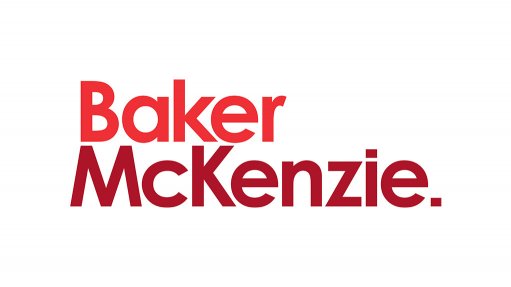
The Minister of Finance announced in his Budget Speech on 21 February 2018 that the VAT base for the supply of electronic services by foreign businesses to South African consumers would be broadened. National Treasury and SARS released a draft of the revised Regulations ("draft Regulations") for electronic services, with comments due by 22 March 2018. The Regulations, once finalised, will come into effect on
1 October 2018.
The supply of electronic services by foreign businesses was brought into the VAT net in 2014, in line with Government's policy stance that services that are consumed in South Africa should be subject to VAT in South Africa. This placed an obligation on foreign businesses that supplied certain services to register for VAT in South Africa, if the total value of taxable supplies made by the foreign supplier in any month exceeded R50 000 (these services were previously subject to VAT on a "reverse charge" basis, but there was little or no compliance by the consumers of these services and enforcement by SARS proved cumbersome).
The Regulations as they currently stand provide a narrow list of specific services that comprise the supply of electronic services, if these services are supplied by means of an electronic agent, electronic communication or via the internet for any consideration. These services include: educational services, games and games of chance, internet-based auction services, miscellaneous services (e.g. e-book, audio visual content, still images and music) and subscription services.
The draft Regulations jettisoned the list of specific services and provided a broad definition of electronic services as "….:any services supplied by means of an electronic agent, electronic communication or the internet for any consideration…"…However, electronic services exclude: educational services that are regulated by an educational authority in an export country and telecommunications services.
The potential reach of the draft Regulations is staggering as it would include all services:
- software subscription services,
- the use of software by an entity in South Africa provided electronically by its holding company situated abroad,
- broadcasting,
- cloud computing,
- advertising services,
- gaming,
- any reservation services made via an online platform, and so forth.
Of interest is that the draft Regulations do not distinguish between business-to-business (B2B) and business-to-consumer (B2C) transactions. Although the current Regulations also eschewed the B2B and B2C concept, its scope, in the main, dealt with transactions that were mostly consumed by consumers that did not acquire these services for on-supply (thereby defaulting to a B2C scenario). The draft Regulations would bring all foreign businesses into the VAT net that exclusively supply services to South African businesses, who in turn, supply these services to consumers in South Africa.
This, in itself, would create an administrative burden for SARS with no benefit for the fiscus, as these South African businesses would be entitled to claim any VAT charged by the foreign business (that must now register for VAT), as an input tax deduction. Granted, that some South African businesses may not be fully taxable VAT enterprises (hence there would be some non-deductible VAT component here), it is questionable as to the reasons why National Treasury and SARS have not adopted a B2C approach for foreign businesses making supplies of electronic services to South African consumers, that would be the final consumers of these services in the VAT chain.
All foreign businesses that supply any services to South African consumers are advised to consider the draft Regulations to determine if their services are supplied by means of an electronic agent, electronic communication or via the internet (these terms are defined in the Electronic Communications and Transactions Act, 25 of 2002, and the method of delivery/supply of these services must be analysed to see if it falls within the ambit of these definitions). Further, the draft Regulations propose that where a supplier of electronic services provides the services by using the electronic platform of an intermediary, the intermediary will be deemed to be the supplier for VAT purposes, if the intermediary facilitates the supply of the electronic services and is responsible for issuing the invoice and collecting the payment. The activities of an intermediary are included in the definition of an "enterprise" for VAT purposes (intermediaries that only facilitate the payment would be excluded from this deeming provision).
At this stage, all foreign businesses, if not already registered for VAT, are at risk of becoming liable to register for VAT in South Africa as of 1 October 2018. Intermediaries would also be liable to register for VAT based on the total value of its taxable supplies exceeding R50 000 in any consecutive period of 12 months, as of 1 October 2018. Failure to register for VAT in a timeous manner would lead to penalties and interest being raised by SARS and may lead to reputational damage, especially if large amounts are at play.
Written by Seelan Moonsamy, Consultant, Tax, Baker McKenzie, Johannesburg